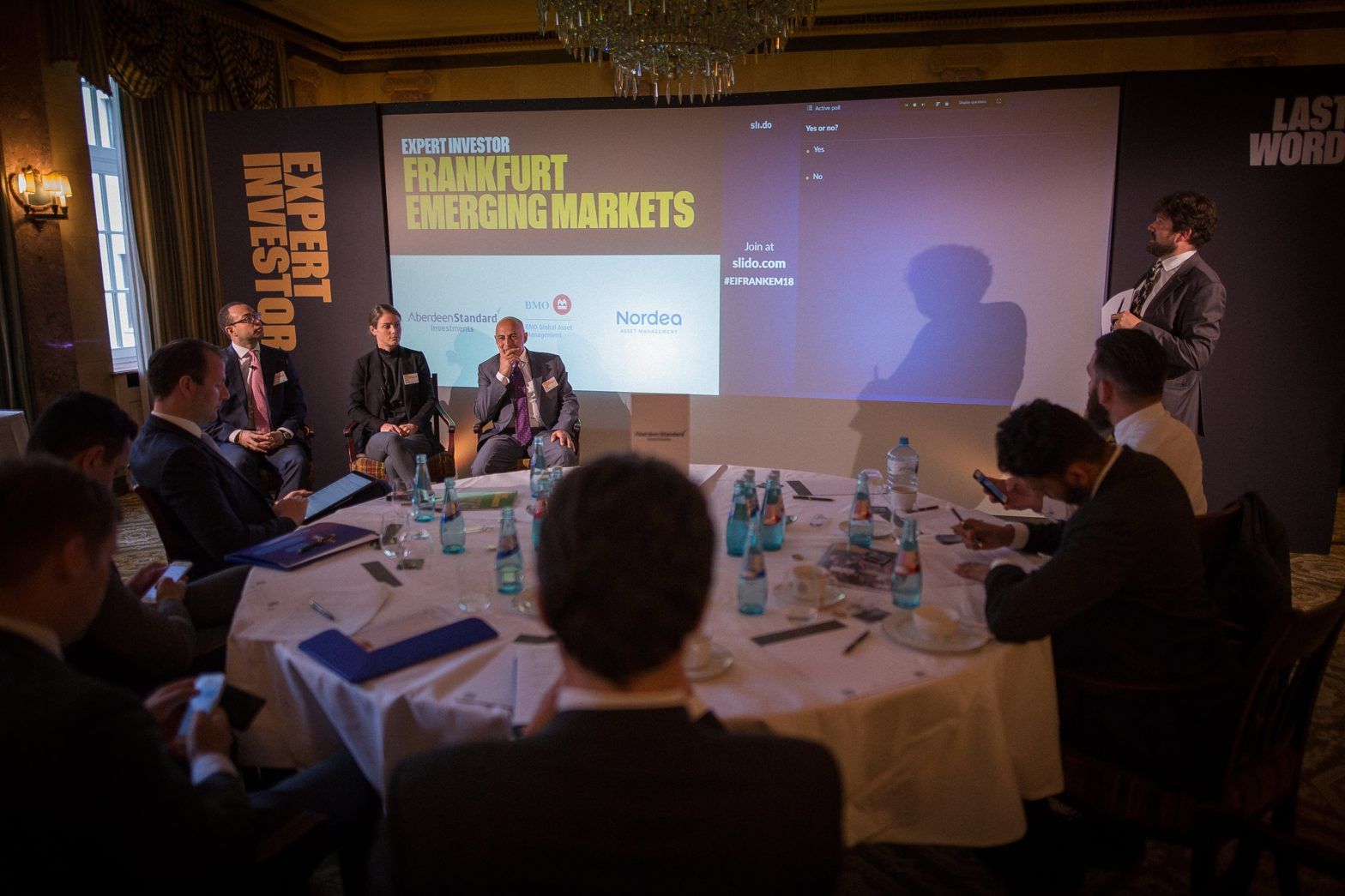Samsung Electronics is one of the world’s most profitable companies. The South Korean tech giant posted a 58% rise in operating profits in Q1 on the back of robust demand for its memory chips and smartphones. But Jeff Chowdhry, the director of emerging market equities at BMO Global Asset Management, does not want to touch the company’s stock with a barge pole.
“Samsung is a very successful company with great cash flow,” said Chowdhry, who was speaking at Expert Investor’s Frankfurt Emerging Markets event in May. “But it has terrible governance so we would not go near it.”
Samsung may sell almost one fifth of the world’s smartphones but it has been beset by corruption scandals at home and allegations that management has sabotaged labour union activities.
Chowdhry’s stance highlights the challenge for investors seeking attractive emerging market investments combined with solid Environmental, Social and Governance (ESG) credentials.
In Samsung’s defence, the company says it is in the process of implementing reforms. “Incremental improvements that have taken place at Samsung,” said Emily Leveille, emerging market equities portfolio manager at Scandinavian asset manager Nordea, which owns shares in company.
“The company has made changes to its management structure,” Leveille said. “It is certainly not perfect by any means but we do see significant improvement over the last few years,” adding that investors engaging with Samsung’s management has helped spur changes.
Chowdhry added: “The reason why Samsung has changed over the last 18 months is because an activist hedge fund has kicked them up the backside otherwise they would not have done anything.”
Governance is key
“Governance is key,” said Anthony Simond, emerging market debt manager at Aberdeen Standard Investments, who was also on Expert Investor’s Frankfurt panel. Aberdeen has recently started to implement ESG criteria into emerging market debt decisions. “It’s early days but we have our own proprietary model using different publicly available indicators,” Simond said.
“Companies that apply good ESG practices in emerging markets should do better particularly on the governance side,” Chowdhry said. “There are hundreds of academic studies that prove that ESG in emerging markets does work and we have got proof terms of fund performance that it actually does work.”
The time horizon involved, however, may dictate the success of specific ESG investments. “I do not know how well it would work if you have a shorter-term time horizon,” Leveille said. “But over the long run, we see it as just common sense that we should be investing in companies that are managing risks appropriately.”
Ratings Systems
The panel also discussed how to assess whether companies’ ESG strategies are actually effective – beyond marketing and soundbites, and the extent that ESG ratings systems – such as Sustainalytics, Morningstar globes and MSCI ratings – play in these assessments.
“External data providers and ratings systems are just starting point,” said Chowdhry. “We have a team of 15 people who do just ESG analysis.”
Nodea also has its own internal team and uses the ESG ratings systems are part of the input process, Leveille said.
“For many of the emerging market companies we are investing in – aside from some of the bigger companies – there’s often not very much data at all. [Rating systems] are one piece, they are not the most important piece,” she said.
“Our responsible investment team helps us engage with the companies and we have meetings with the relevant people to better understand issues such as sustainability. The information we get from those meetings is probably more relevant than the information we get from Sustainalytics and MSCI.”







